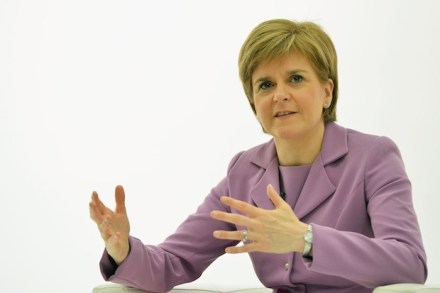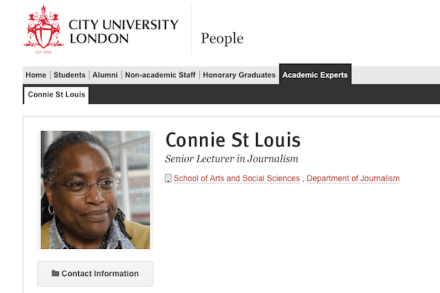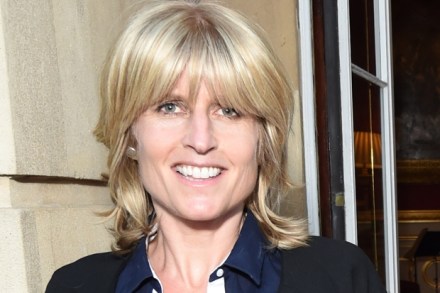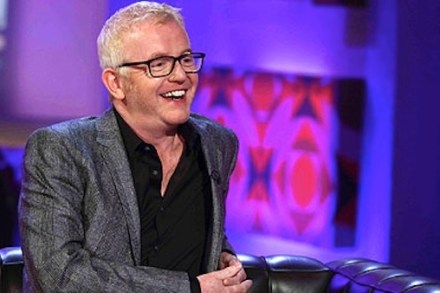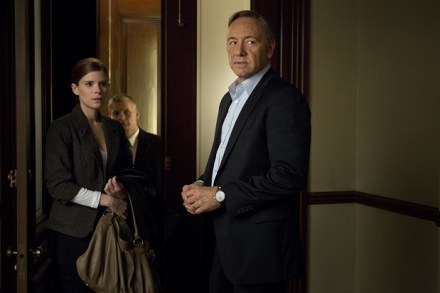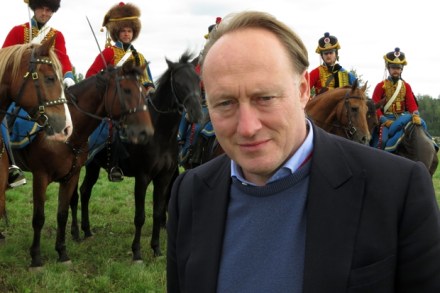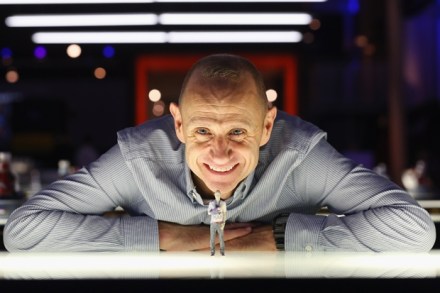Caught offside
It’s not surprising that politicians have such an on-off relationship with the broadcast media. One slip. One casual comment. One lapse of memory. Even the immaculate, armour-plated Nicola Sturgeon was caught out by Jane Garvey last Wednesday as the Woman’s Hour presenter congratulated her on her latest elevation. It had just been announced that Scotland’s First Minister was top of the Woman’s Hour ‘power list’ of the top ten women for 2015 (beating Angelina Jolie and Caitlyn Jenner) and Sturgeon was doing a live telephone interview on the Radio 4 programme from her office in Edinburgh. Garvey then lobbed a question, oh so casually, but oh so deliberately, like a
